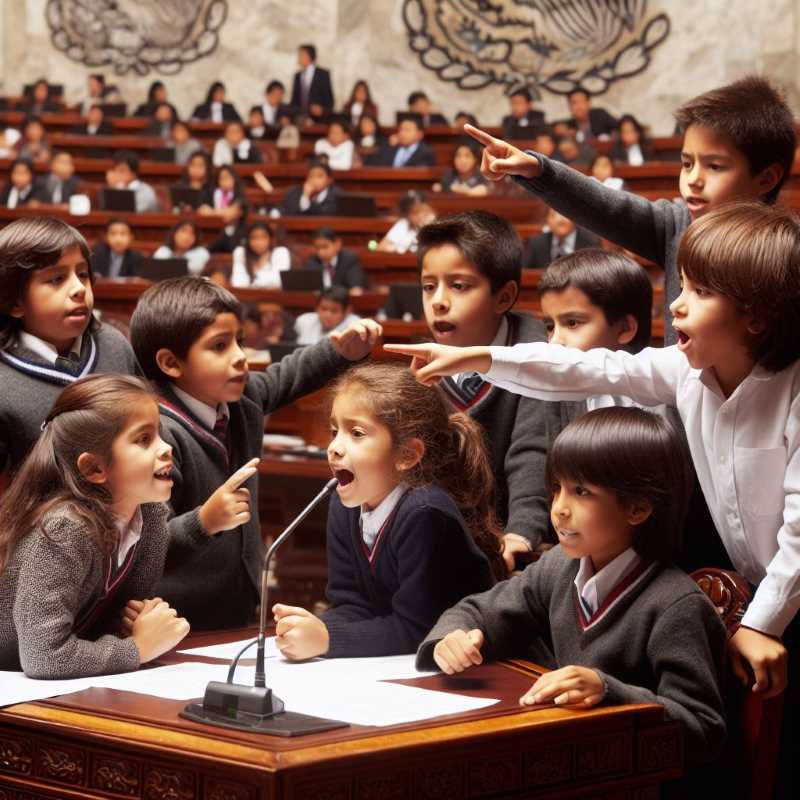How the Children's Parliament Works in Mexico
Discover Mexico's Parliament of Girls and Boys, fostering democracy from childhood. Through rigorous selection processes and spirited debates, young legislators advocate for change on issues like gender parity and environmental sustainability.

In a world where politics is too often a stuffy, jargon-filled game for grown-ups, Mexico has been cultivating a delightful anomaly – a network of Children's Parliaments. The notion sounds as improbable as a Pixar movie plot twist: primary school students in formal attire, gathered in a grand chamber, debating issues like gender equality and animal abuse. And yet, this heartwarming spectacle unfolds with increasing frequency throughout the country.
The Parliament of Girls and Boys of Mexico has emerged as the flagship of this movement. Established in 2002, it boasts an impressive array of institutional backers: the federal government, its main legislative chambers, the National Human Rights Commission, even UNICEF and the Federal Electoral Institute. But the Parliament's heart lies not in the signatures on its founding document, but in its underlying vision: seeding a democratic spirit in Mexico's youngest generation.




